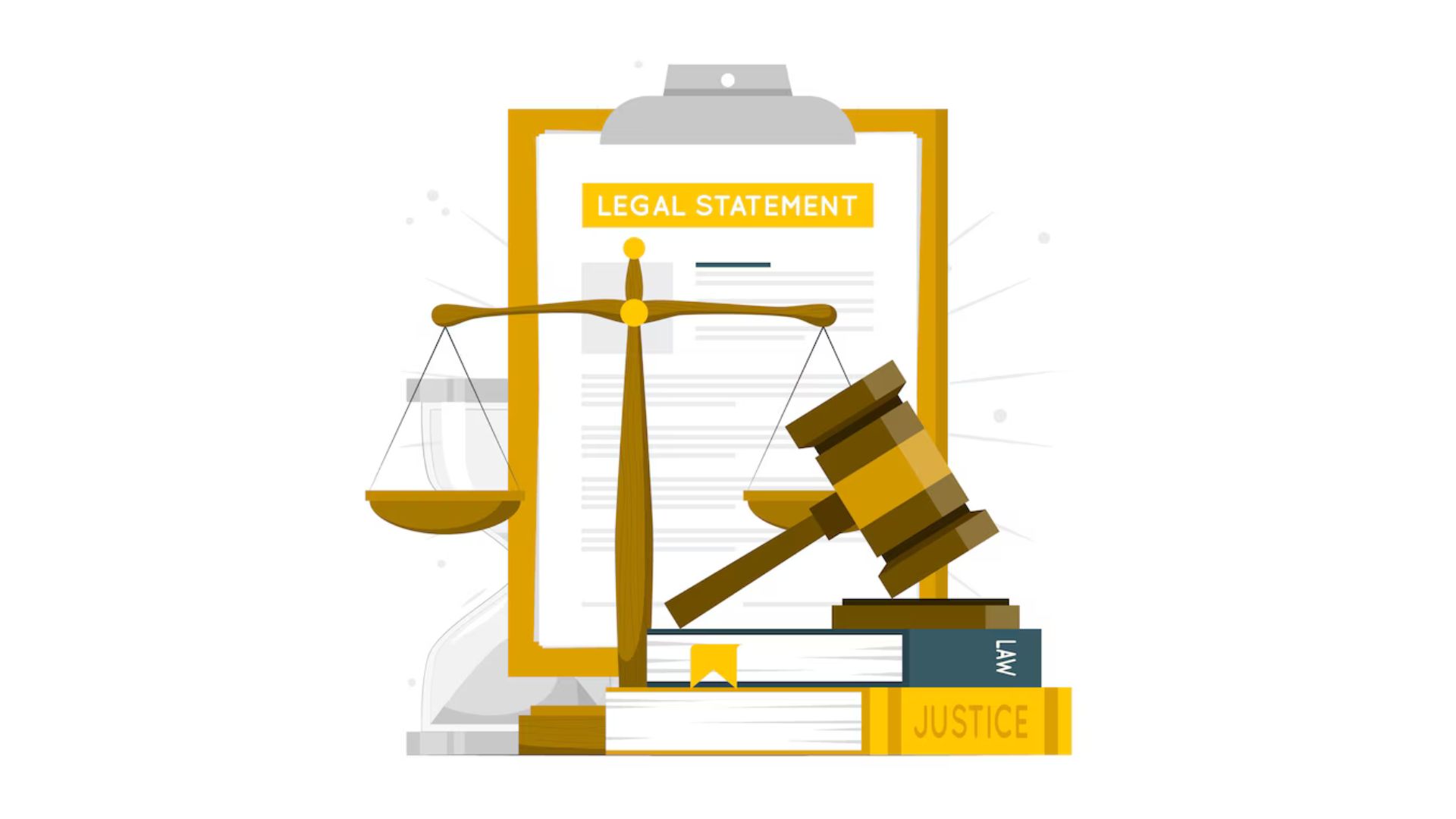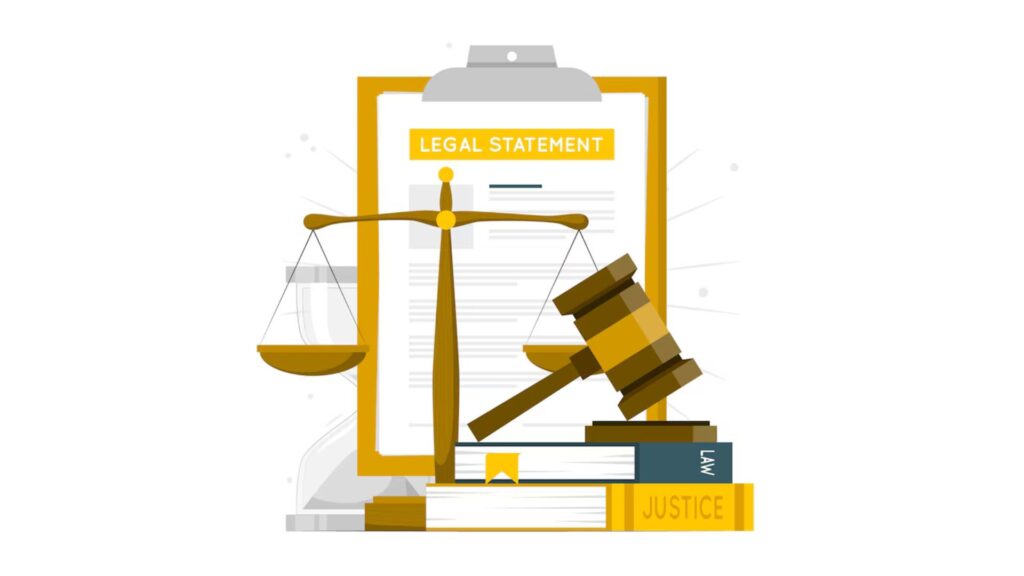
14 May EXTENDED PERIOD OF LIMITATION

Introduction
In the realm of tax laws, the extended period of limitation holds significant importance. It allows tax authorities to delve deeper into certain cases beyond the regular statute of limitations, typically due to suspicions of fraud or intentional misrepresentation. However, it’s crucial to understand the circumstances under which this extended period can be invoked and the rights taxpayers have to contest its application.
Understanding Extended Period of Limitation
The extended period of limitation grants tax authorities the ability to assess and reassess taxes for a more extended period than usual, beyond the standard statutory limit. This is typically invoked when there are suspicions of fraud, suppression of facts, or willful misstatements on the part of the taxpayer. It allows tax authorities to thoroughly investigate cases where they believe there has been an intentional attempt to evade taxes.
Cases Where Extended Period of Limitation Was Not Validated
Antares Services Pvt. Ltd. – Tribunal Chandigarh
Introduction
In the realm of tax disputes, the case of M/S Antares Services Pvt. Ltd. vs. The Commissioner of Central Excise, Chandigarh, presents an intriguing scenario regarding the denial of CENVAT credit for not claiming it in returns and for delayed utilization. This article delves into the intricacies of the case, exploring the contentions raised by both parties and the ultimate decision rendered by the Hon’ble Bench of CESTAT Chandigarh.
Facts of the Case
The appellant, M/S Antares Services Pvt. Ltd., registered under the categories of ‘Manpower Recruitment/Supply Agency Service’ and “Commercial Training or Coaching Service,” provided only Manpower Recruitment/Supply Agency Service during the period from 2014 to 2017. An audit conducted by the A.G, Audit revealed that the appellants had not filed ST-3 Returns for the period starting April 2014. Subsequently, a show cause notice was issued to the Appellant, demanding the recovery of Service Tax of Rs. 6,72,669/- along with interest, based on data supplied by the Income Tax Department.
Issue
The primary contention in this case revolved around the denial of CENVAT credit by the Department due to the alleged delay in claiming it and for not reflecting the same in the ST-3 Returns within the prescribed period. The appellant argued against this denial, asserting their right to claim credit within the permissible time frame as per relevant rules.
Held
After careful consideration of the submissions and facts presented by both parties, the Hon’ble Bench of CESTAT Chandigarh ruled in favor of the appellant. The bench emphasized that the denial of CENVAT credit solely on the grounds of delayed utilization, without disputing the eligibility of the credit, was not justified. They cited precedents and legal principles to support their decision, highlighting that procedural violations should not result in the denial of substantive rights.
The bench also noted that the invocation of the extended period of limitation was not warranted in the absence of evidence of suppression, fraud, or collusion. Furthermore, they rejected the validity of the show cause notice issued based on third-party information, emphasizing that such notices cannot be sustained without adequate evidence of suppression or fraud.
With these observations, the Hon’ble Bench allowed the appeal both on merits and limitation, providing relief to the appellant.
Chartered Logistics Ltd – Supreme Court
Introduction:
In Service Tax Appeal No. 10857 of 2022-DB, Chartered Logistics Limited (CLL) challenged Order-In-Original No. AHM-EXCUS-002-COMMR-74/2021-22 dated 30.03.2022 passed by the Commissioner CGST & Central Excise, Ahmedabad. The appeal revolved around the taxation of services provided by CLL to M/s Reliance Supply Chain Solution Ltd. and M/s Fine Tech Corporation Pvt. Ltd.
Facts of the Case:
The crux of the matter lay in the nature of services rendered by CLL to the aforementioned companies. CLL was accused of providing taxable services related to the management of distribution and logistics, as well as operational or administrative assistance. These services included safe transportation of goods, vehicle upkeep, route monitoring, driver provision, and diesel arrangement. The controversy arose as CLL allegedly did not issue consignment notes or LR for these services, leading to a dispute over service tax liability.
Issue:
The primary issue revolved around the classification of services provided by CLL. The Department of Goods and Services Tax Intelligence (DGGI) contended that CLL’s services fell under the category of “supply of tangible goods for use,” making them taxable. However, CLL argued for exemption under various provisions of the Finance Act, 1994, including Entry No. 22(b) of Notification No. 25/2012-ST.
Held:
After careful deliberation, the tribunal rendered its decision. It noted that CLL’s services were primarily aimed at providing transportation services to M/s Fine Tech Corporation Pvt. Ltd. (FCPL). Despite not issuing consignment notes, CLL’s activities were deemed exempt from service tax under Section 66D (p)(i)(A) of the Finance Act, 1994, as they did not qualify as services provided by a Goods Transport Agency (GTA). Additionally, the tribunal rejected the department’s invocation of the extended period for demanding service tax, citing lack of suppression of facts by CLL.


No Comments